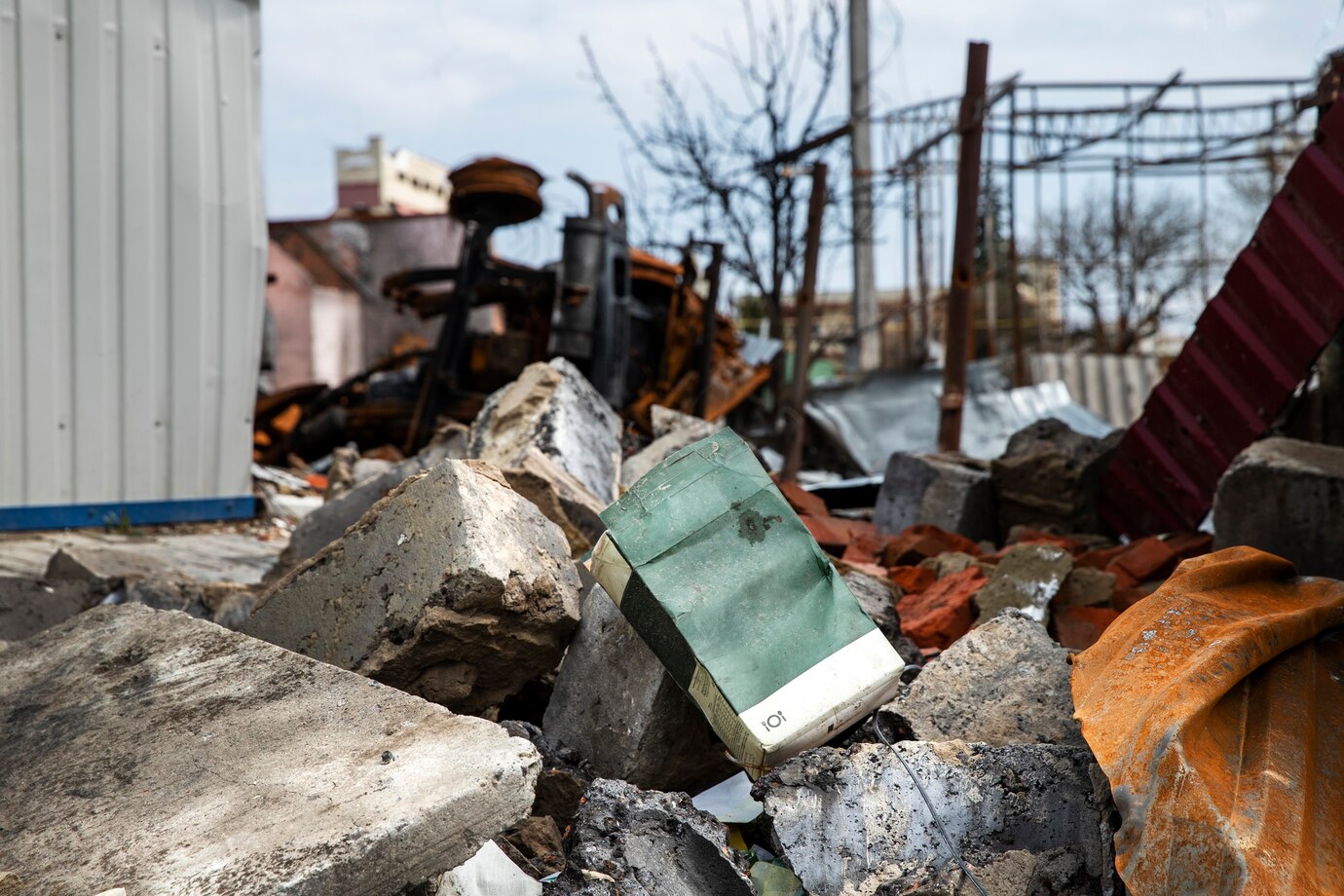Biohazard cleanup contractors handle some of the most sensitive and dangerous jobs, including crime scene cleanup, hoarding situations, and hazardous waste disposal. The work requires specialized training and comes with major liability risks, from bloodborne pathogen exposure to legal claims over improper decontamination.
Without proper insurance, a single health claim, exposure lawsuit, or regulatory fine could jeopardize your entire business. Here’s what Colorado biohazard cleanup contractors need to know about staying protected.
The Biggest Risks for Biohazard Cleanup Contractors in Colorado
🦠 Bloodborne Pathogen & Disease Exposure – Employees face high risks from HIV, hepatitis, MRSA, and other infectious diseases.
🚨 Crime Scene & Trauma Cleanup Liability – A family could sue if a crime scene wasn’t fully sanitized, leading to health concerns.
🏚 Structural Damage from Chemical Cleaners – Some biohazard jobs require strong disinfectants that can damage surfaces, leading to property damage claims.
⚠ OSHA & EPA Compliance Violations – Improper biohazard disposal can result in severe fines and legal action.
💡 Real Case Study: A biohazard cleanup company in Colorado Springs was sued for $250,000 after a homicide victim’s family claimed their home was not properly decontaminated, leading to ongoing health issues. Professional liability insurance covered legal fees and a settlement.
Essential Insurance for Biohazard Cleanup Contractors
✔ General Liability Insurance – Covers injuries, property damage, and third-party lawsuits related to biohazard cleaning.
✔ Pollution Liability Insurance – Protects against chemical exposure claims, improper disposal lawsuits, and environmental contamination.
✔ Workers’ Compensation – Required in Colorado for employees. Covers hazmat exposure, needle-stick injuries, and pathogen-related illnesses.
✔ Professional Liability Insurance – Covers claims of improper cleanup, contamination disputes, and missed biohazard traces.
✔ Commercial Auto Insurance – Protects work trucks carrying hazmat cleanup equipment.
✔ Surety Bonds – Often required for government cleanup contracts and commercial hazmat jobs.
💡 Did You Know? Many insurance companies require biohazard cleanup contractors to carry at least $1M in pollution liability coverage due to the high risk of exposure claims.
How to Reduce Insurance Costs for Biohazard Cleanup Contractors
🔹 Use OSHA-compliant cleaning protocols to minimize liability claims.
🔹 Require full PPE (hazmat suits, respirators, gloves) for all workers to lower workers’ comp risks.
🔹 Bundle pollution liability, professional liability, and general liability coverage for lower premiums.
Final Thoughts
Biohazard cleanup is a high-risk industry, and one exposure lawsuit or cleanup dispute could destroy a business. With the right insurance, contractors can focus on decontaminating spaces safely and professionally, without financial risks.












